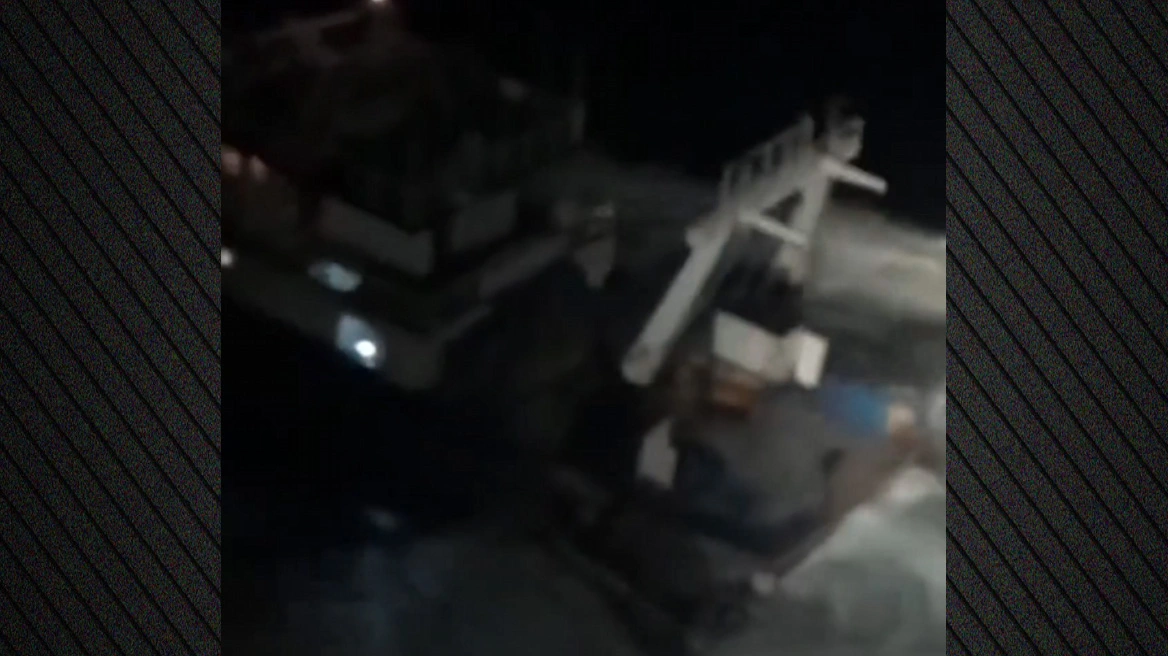Property that does not have a primary residential use, such as warehouses, basements, and former craft or industrial buildings, is being taken off short-term rental platforms under a Ministry of Tourism bill tabled in Parliament yesterday.
These premises, which have been renovated to accommodate tourists and visitors, are excluded from the market due to the requirement that they must be classified as primary residences or have been settled before July 28, 2011, according to the provisions of Law 4495/2017.
In particular, the regulation “cuts” from the platforms:
- 1. Owners of old storage facilities or basements that have been renovated to be converted into residential properties.
- 2. Properties that have not been designated as a primary residential use or have not been regularized before July 28, 2011, as required by law.
- 3. Sites in former industrial or commercial areas that have been renovated and reused as tourist accommodations, even if they meet all other quality standards.
The above categories of owners suddenly find themselves out of the short-term rental market, with their property rendered useless for the tourism activity in which they had invested. In other words, the regulation directly affects property owners who have invested significant sums to upgrade these sites, raising concerns about the viability of their investments.
The bill sets strict standards for properties that can be used for short-term rentals. These include a requirement to have natural lighting, ventilation, liability insurance, electrical safety certifications, and fire infrastructure. In addition, the premises must have undergone sanitary procedures, such as certified myocyte and disinfection, and have basic first aid equipment.
Strict controls and heavy fines
The bill imposes a strict framework of inspections and fines for properties made available on short-term rental platforms such as Airbnb. According to the provisions, inspections will be carried out by mixed teams of officials from the Ministry of Tourism and the AΔE, while at least ten days before each inspection, property managers will be notified to prepare the necessary documentation. If the auditors deem it necessary, they may request the assistance of the Greek Police to facilitate the process.
Officials conducting the inspections shall carry an official identity card and a written order, which includes details of both the inspectors and the owners or managers being inspected. The auditees are required to cooperate by providing certificates such as those pertaining to electrical safety, liability insurance, and sanitary measures such as certified myocyte and deworming.
Failure to comply with the requirements of the law will result in an administrative fine of 5,000 euros. This fine applies to cases of refusal to allow inspectors to enter the property, non-compliance with the specifications, such as lack of natural lighting or ventilation, and generally not fulfilling the obligations set out in the new framework. Owners can comply within fifteen calendar days from the date of detection of the infringement. If the same violation is repeated within one year, the fine is doubled, and in subsequent recurrences, it is increased fourfold.
Reactions
The POMIDA has already expressed its strong opposition, stressing that the retroactive application of the new standards will lead to the disuse of many properties that have been operating on the platforms for years, contributing to tourism development. Particularly problematic is the provision for settlement by 2011, which excludes sites that have recently been converted into tourist accommodation, contributing to the upgrading of run-down areas in central Athens and other cities.
Ask me anything
Explore related questions





